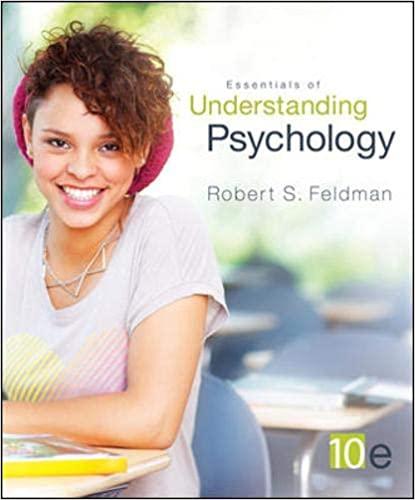Based on the fi ndings in this research, how might parents help their young children who experience
Question:
• Based on the fi ndings in this research, how might parents help their young children who experience an unsettling event? Wouldn’t it be great never to experience adversity in your life—not to have any loved ones die, never to have a serious illness, or never to experience a natural disaster like an earthquake or fi re? You could certainly be forgiven for thinking so, but research suggests that a stress-free life isn’t actually as positive as we might expect it to be.
In one study, researchers followed nearly 2,000 adults over several years, monitoring their experience of stressful events with periodic surveys. To begin the study, the participants indicated from a list which stressful life events they had already experienced. They also reported about their overall well-being. Examples of events on the list included divorce, death of a friend, and experiencing a natural disaster.
Throughout the course of the study, they reported subsequent adverse events
(Seery, Holman, & Silver, 2010).
The researchers immediately noticed something interesting about the participants’
initial reports: a small but signifi -
cant subset of them indicated that they hadn’t experienced any of the stressful life events on the list. What kind of person goes through life without experiencing any kind of serious adversity, the researchers wondered. They looked more closely at these participants, digging for some kind of explanation such as youth, excessive cautiousness, or social isolation—and they came up empty handed. But the real surprise was how these participants scored on their sense of well-being: Instead of being the ones with the highest life satisfaction, as one might expect, they scored about the same as participants who experienced a high number of adverse events.
The participants with the highest sense of well-being were those who experienced a moderate number of life stresses.
Step by Step Answer:







